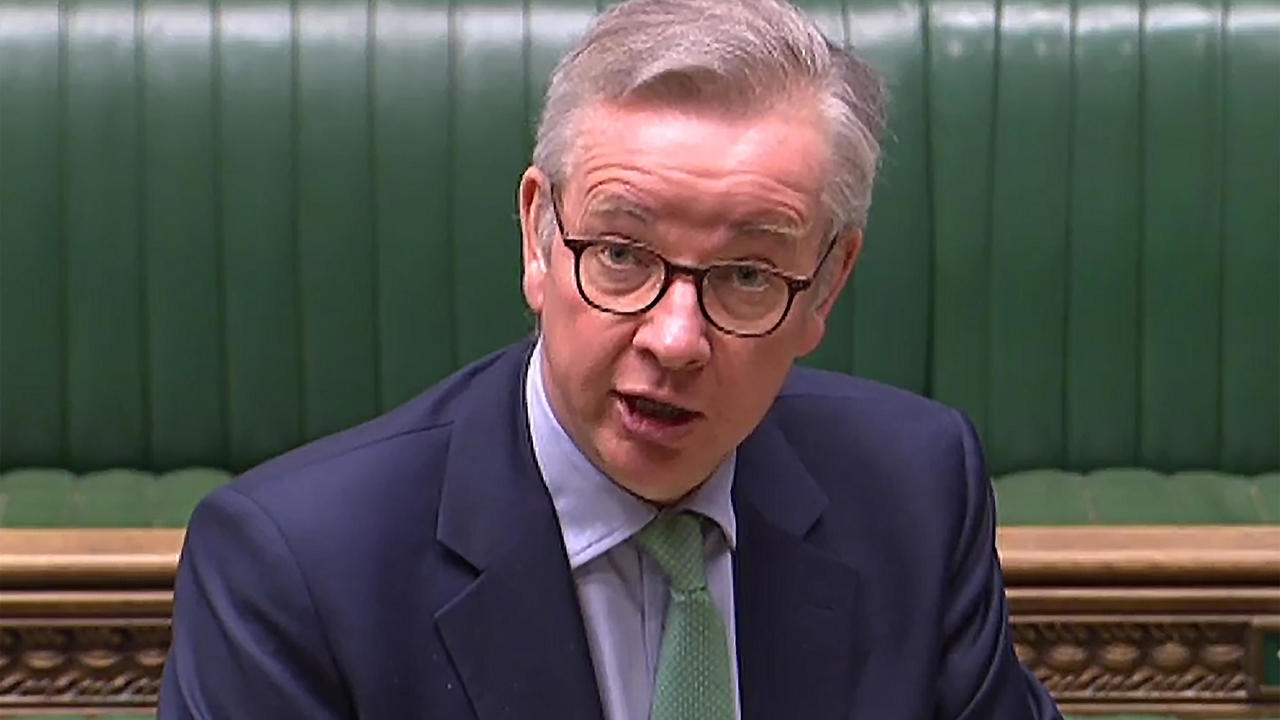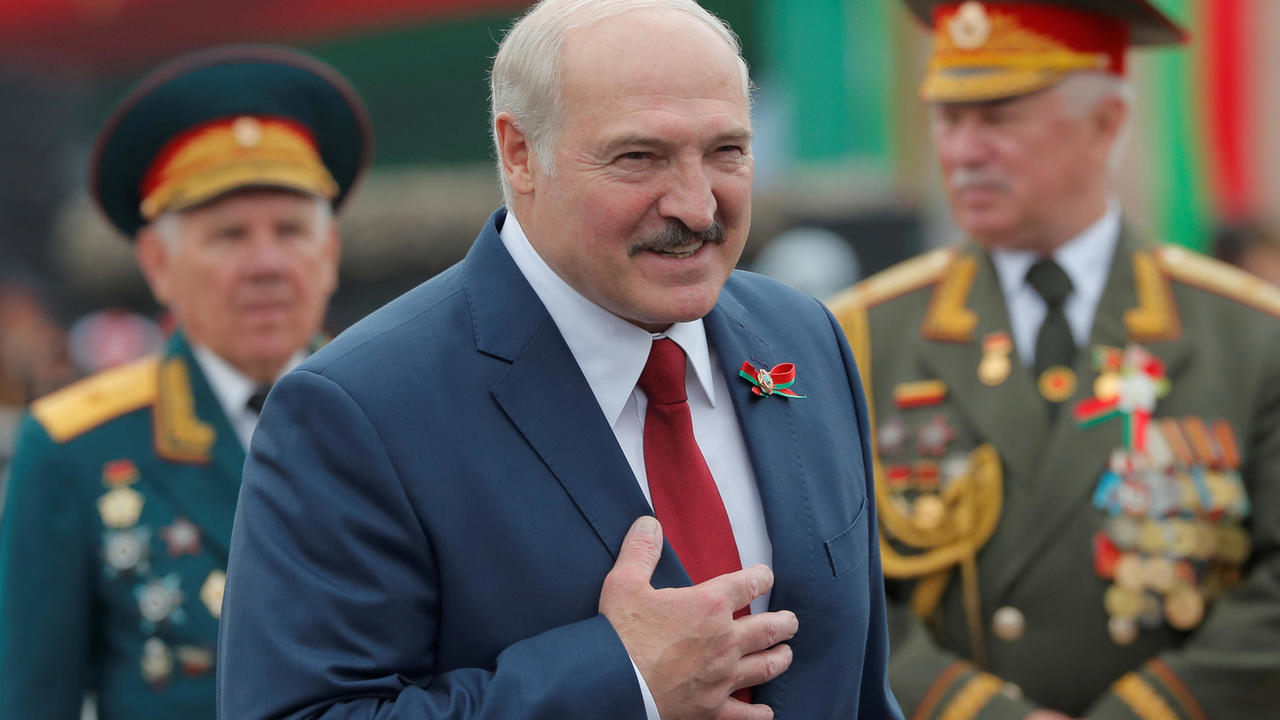UK formally rejects post-Brexit transition delay

Issued on: 12/06/2020 – 21:43Modified: 12/06/2020 – 21:43
Britain on Friday formally told the European Union that it would not extend the post-Brexit transition, raising the alarming prospect of a disorderly split in six months.
Advertising
Read more
London and Brussels have made very little progress in agreeing a new trade deal for when Britain leaves the EU's single market and customs union on December 31.
But Prime Minister Boris Johnson rose to power last year on a pledge to "get Brexit done", with the issue roiling UK politics — and consuming time in Brussels — ever since Britons voted to leave the bloc by a narrow margin in 2016.
His government had until July 1 to ask for more time, which Brussels was willing to give.
"That's it," senior minister Michael Gove told British television after finishing online talks with his EU counterparts.
"We are leaving the European Union on December 31."
In Brussels, EU commissioner Maros Sefcovic said Gove "couldn't be clearer".
"I take this as a definite conclusion of this discussion," Sefcovic said.
A delay, of sorts
EU officials were ready to extend talks for up to two years, until 2023, to help businesses cope with the fundamental change in links which have been in place for nearly 50 years.
But Britain conceded Friday that the added economic pressures of the coronavirus crisis — the UK economy shrank by a fifth between March and April, according to new data — meant that businesses needed some temporary relief.
To help, London said it would allow UK companies to delay submitting customs declarations and making tariff payments on their exports to EU nations for up to six months, until July 2021.
EU officials announced no reciprocal reprieve for exports from the 27 member states to Britain.
British officials said they would only consider extending the declarations and payments delay even further if a second wave of the pandemic paralysed economic activity well into next year.
"These are unprecedented times," Johnson's spokesman said.
Fundamental divide
Britain formally left the EU on January 31, ending an excruciating process that required repeated delays, and eventually cost the job of Johnson's Conservative government predecessoRead More – Source
[contf]
[contfnew]

france24
[contfnewc]
[contfnewc]




